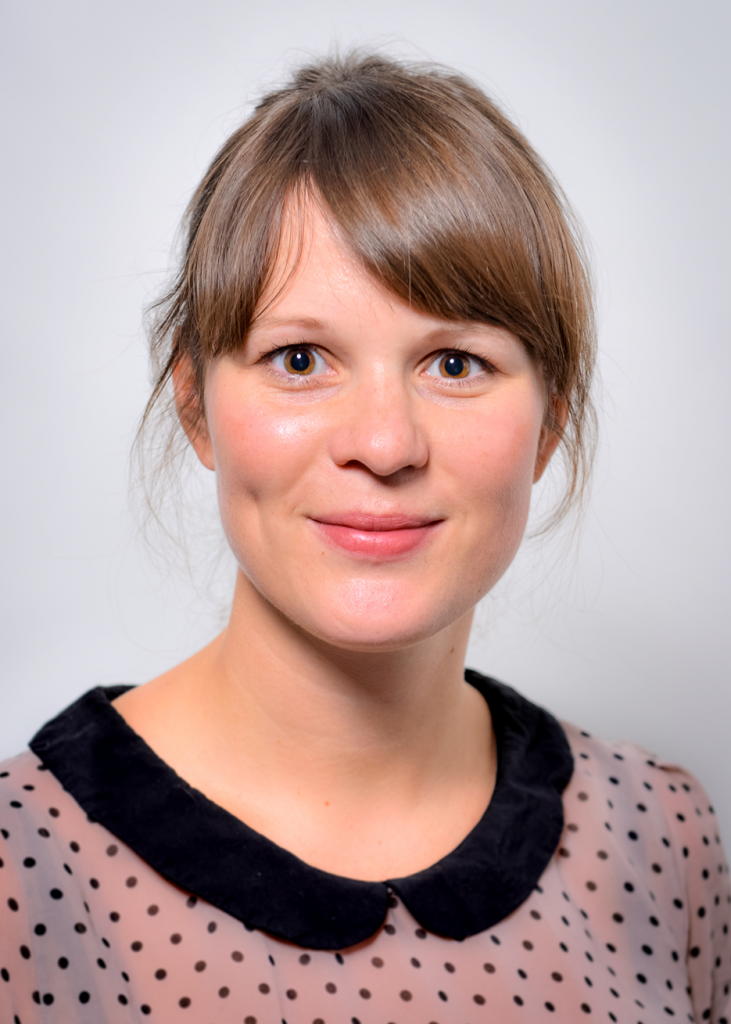Dr Julia Ulber SFHEA
Senior Lecturer in Psychology | Deputy Section Director | Developmental Psychologist
Canterbury Christ Church University
Academic Bio
Julia Ulber is a developmental psychologist whose research explores how young children develop prosocial behaviour, fairness, and cooperative skills. Her work investigates the early foundations of social cognition, with particular interest in peer interaction, distributive justice, and the effects of partner characteristics on social behaviour. She has conducted extensive empirical research with infants and young children and collaborated with leading scholars, including during her time as a postdoctoral researcher at the Max Planck Institute for Evolutionary Anthropology in Leipzig.

Currently Senior Lecturer and Deputy Section Director in Psychology at Canterbury Christ Church University, Julia combines academic leadership with an active research agenda. She has led large-scale curriculum reform, launched new degree programmes, and champions inclusive, research-led teaching. Alongside her academic roles, Julia works in partnership with local and national organisations to translate developmental research into practice—particularly in outdoor play, early education, and maternal wellbeing.
She is also an experienced consultant and evaluator, contributing to projects such as the Essex School Wellbeing initiative, the Harmony Project, and OPAL (Outdoor Play and Learning). She regularly advises on survey design, parent engagement, and the evaluation of nature-based interventions in schools.
Research Interests
- Development of prosocial behaviour and cooperation in early childhood
- Fairness, distributive justice, and peer interaction
- Outdoor play and nature connection
- Early social cognition and partner effects
- Maternal wellbeing and breastfeeding support (esp. in migrant women)
- Application of developmental research in educational and community settings
Selected Publications
- Ulber, J., & Tomasello, M. (2020). Young children’s prosocial responses toward peers and adults in two social contexts. Journal of Experimental Child Psychology, 198, 104888.
- Ulber, J., Hamann, K., & Tomasello, M. (2017). Young children, but not chimpanzees, are averse to both disadvantageous and advantageous inequities. Journal of Experimental Child Psychology, 155, 48–66.
- Ulber, J., Hamann, K., & Tomasello, M. (2016). Extrinsic rewards diminish costly sharing in 3-year-olds. Child Development, 87(4), 1192–1203.
- Ulber, J., Hamann, K., & Tomasello, M. (2015). How 18- and 24-month-old peers divide resources among themselves. Journal of Experimental Child Psychology, 140, 228–244.
- Daum, M. M., Ulber, J., & Gredebäck, G. (2013). The development of pointing perception in infancy: Effects of communicative signals on covert shifts of attention. Developmental Psychology, 49(10), 1898.
Upcoming work includes:
- Ulber, J., Misch, A., & Hardecker, S. (in prep.). “Was it the puppet’s fault?” A comparison of children’s attributions of mental, emotional, and social faculties to puppets and peers.
- Ulber, J., Malovic, A., & Ntontis, E. (in prep.). Motherhood and secondary stressors during the global Covid-19 pandemic.
 Psychology Data Science
Psychology Data Science